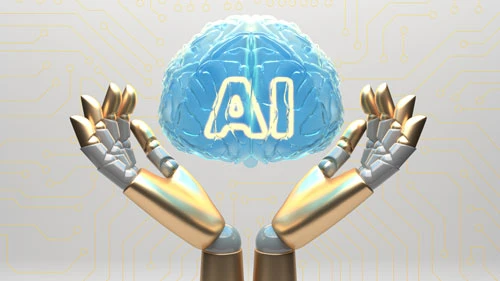Boosted by GenAI in the world of technology, code development has been vastly improved with efficiency without necessarily compromising originality. Nevertheless, behind all the wonders of automated coding stands a silent but important concern - the oversight of weak links within GenAI-created code. The Promise of GenAI-Generated Code GenAI's learning tool, which can imitate...
Technology advances and evolves, so do the approaches and methodologies in software development. One of the most significant shifts in recent years has been the adoption of containerization and microservices in DevOps. These two technologies are changing how software is developed, deployed, and managed, offering a range of benefits over traditional monolithic application architectures.
What is Containerization?
Containerization is packaging an application and its dependencies into a single unit known as a container. A container is a lightweight, standalone executable package that includes everything needed to run the application, including the code, runtime, system tools, libraries, and settings. Containers provide a consistent and portable environment for running applications, regardless of the underlying infrastructure.
One of the primary advantages of containerization is its ability to simplify application deployment and management. Containers can be easily deployed to any environment that supports containerization, such as Kubernetes, Docker, or OpenShift. This means applications can be deployed quickly and reliably without complex configuration or installation processes.
What are Microservices?
Microservices are an architectural approach to software development that involves breaking an application down into a set of small, independent services. Each service performs a specific function or task and communicates with other services using APIs. Microservices offer several benefits over traditional monolithic application architectures, including improved scalability, reliability, and flexibility.
With microservices, each service can be developed, deployed, and managed independently of the others. This makes updating, modifying, or replacing individual services easier without affecting the rest of the application. It also allows teams to work on different application parts simultaneously, speeding up the development process.
Why are Containerization and Microservices the Future of DevOps?
Containerization and microservices transform how software is developed, deployed, and managed in DevOps. Together, they offer a range of benefits over traditional monolithic application architectures, including:
- Improved Scalability: With containerization and microservices, applications can be scaled up or down easily and quickly based on changing demand. This allows organizations to respond more effectively to spikes in traffic or demand without worrying about over-provisioning or under-provisioning resources.
- Enhanced Reliability: Containers are designed to be highly portable and resilient, making them ideal for DevOps environments. Because containers are isolated, issues in one container won't affect other containers or the host system. This makes it easier to troubleshoot issues and maintain the system's overall health.
- Greater Flexibility: Containerization and microservices allow for greater application development and deployment flexibility. With microservices, teams can work on different parts of the application simultaneously, while containerization makes it easy to deploy applications to any environment that supports containers.
- Faster Time to Market: Developing teams can work more quickly and efficiently by breaking down applications into smaller, independent services. This can help organizations bring new products and features to market faster, giving them a competitive edge.
- Improved Security: Containerization provides an added layer of security by isolating applications from one another and the host system. This can help prevent security breaches and limit the damage in the event of an attack.
Containerization and microservices transform how software is developed, deployed, and managed in DevOps. They offer a range of benefits over traditional monolithic application architectures, including improved scalability, reliability, flexibility, faster time to market, and improved security. As organizations continue to adopt these technologies, we can expect to see even greater innovation and advancements in the field of software development.


